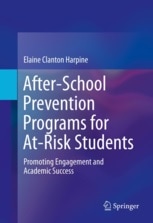The need for an effective method for teaching reading is well substantiated. The National Reading Panel (2000) evaluated over 100,000 reading studies and concluded that the “whole language” method that we are using in public school is the wrong way to teach children to read. Even blended methods and so called Reading Recovery have been proven not to work (Yoncheva et al. 2015). We are still using these ineffective methods 17 years later; even though there are several effective research-proven methods that actually work. Why won’t the schools change?

 RSS Feed
RSS Feed
